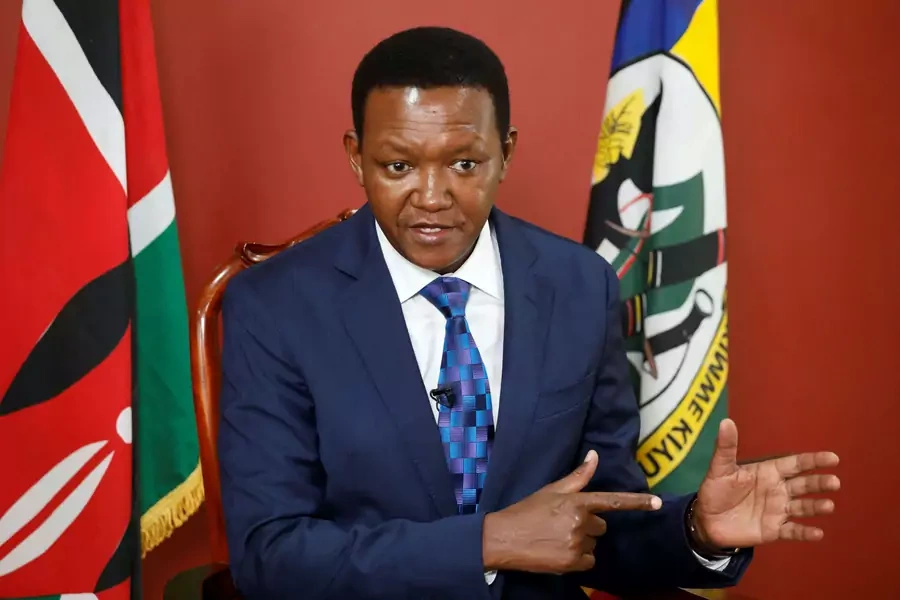Outrage Over Abuse of African Migrants

In March of this year, the Global Fund to End Modern Slavery published prevalence estimates of forced labor among Kenyan and Ugandan citizens who traveled to the states of the Gulf Cooperation Council (GCC) for employment. The results were shocking: 99 percent of the Kenyans claimed to have been abused by their employers, and 89 percent of Ugandans reported experiences consistent with human trafficking, with over a quarter reporting severe exploitation. Of course, the disturbing ubiquity of human rights abuses in the Gulf states’ migrant labor forces is not new, nor are revelations about the hard choices that confront young Africans as the region’s booming demographics result in annual additions to the labor force that far outstrip job creation.
But business as usual might become more complicated. As digital media outlets facilitate access to information, the potential for domestic public opinion to play a greater role in shaping foreign policy grows. Harrowing stories of abuse have gone viral on social media, outraging citizens and forcing an official response. Kenya’s new Minister of Foreign and Diaspora Affairs, Dr. Alfred Mutua, has made addressing concerns about the treatment of Kenyans in Saudi Arabia one of the first items on his agenda. Uganda’s opposition leaders mobilized to repatriate Ugandans from the UAE, nudging their government to respond to the issue lest they cede the politically potent ground.
More on:
Appeals to solidarity based on shared membership in an expansively defined “Global South” have been part of an ambitious effort by several Middle Eastern states to exert greater influence in East Africa. But as the popular perception of these states is affected by the experiences of African laborers, warm bilateral relationships may become far more complicated propositions. Just as the experiences of Africans in Guangzhou at the start of the COVID-19 pandemic temporarily back-footed China’s aggressive pandemic diplomacy in the region, and as George Floyd’s murder prompted African leaders to decry systemic racism in the United States, the abusive treatment of African migrant laborers is a setback for Gulf states’ image in the region, adding friction to the pursuit of its commercial and security agendas. Media coverage around the plight of migrant laborers who helped Qatar prepare for the World Cup is likely to keep the spotlight on these issues.
Africa will not stop exporting labor; for too many who make the journey, it is a matter of survival. But at the same time, connected and organized African citizens will not stop demanding that their governments stand up for their countrymen and women abroad. Efforts to build goodwill and a conducive environment to deeper relationships may prove to be an uphill climb for some time.
More on:
 Online Store
Online Store